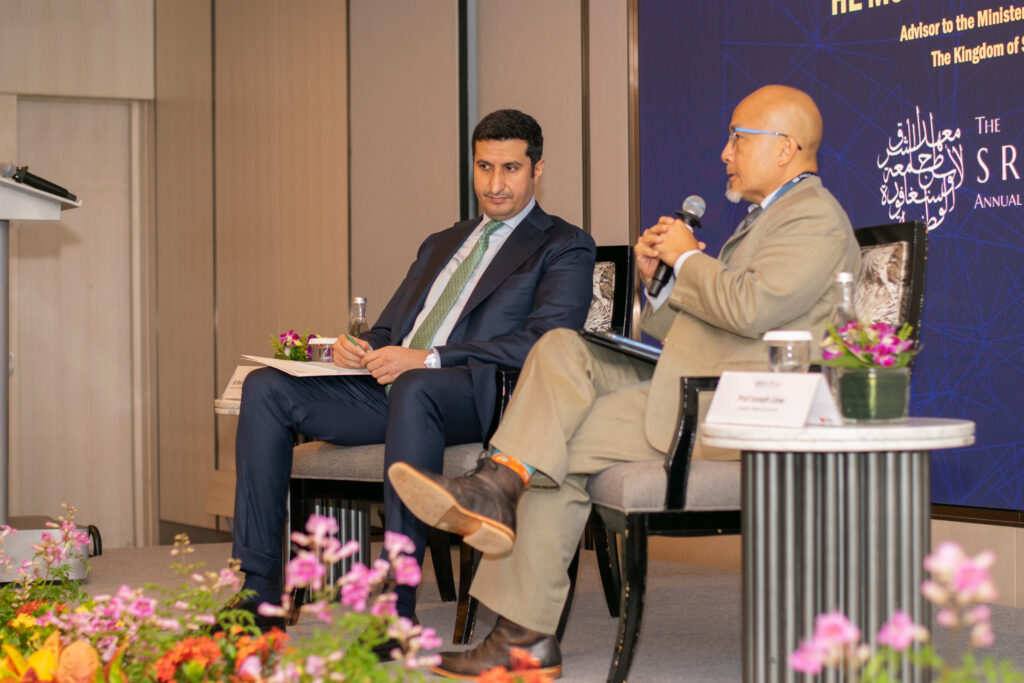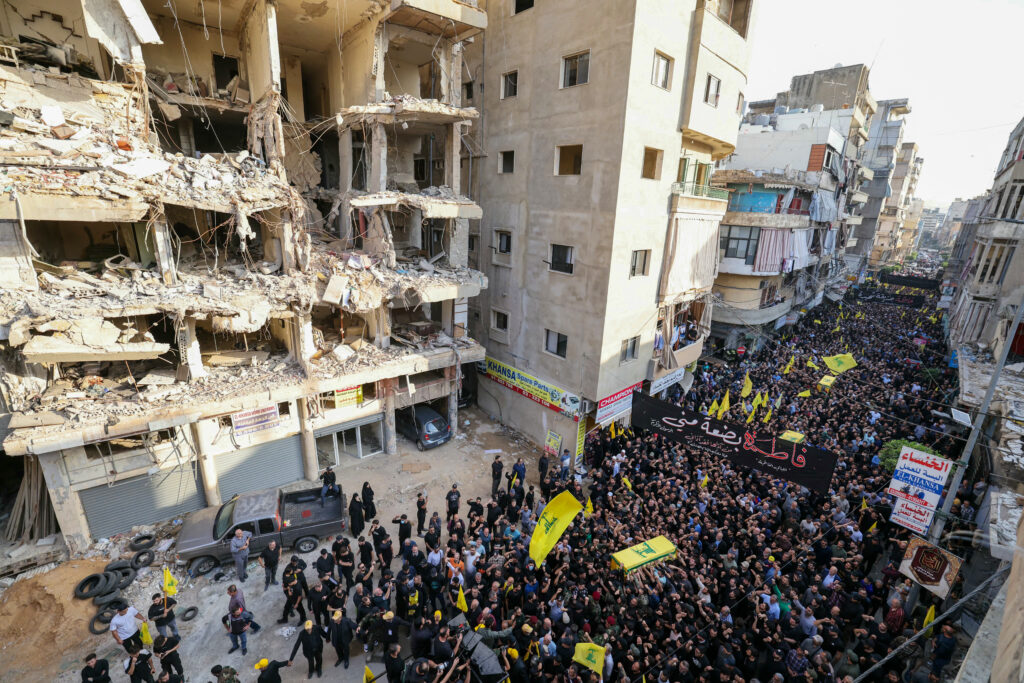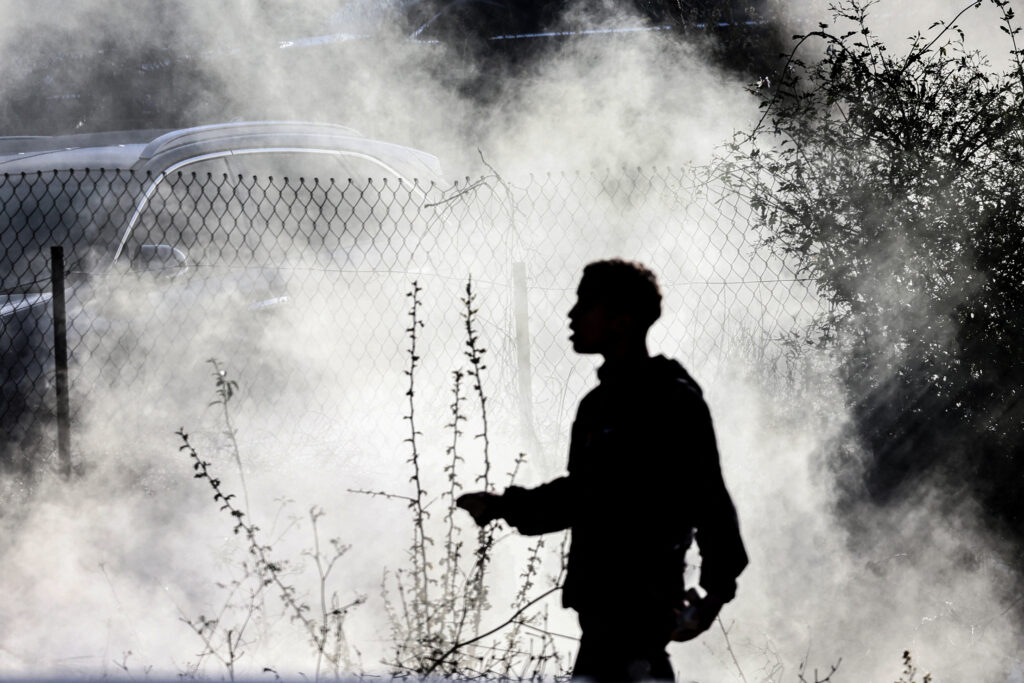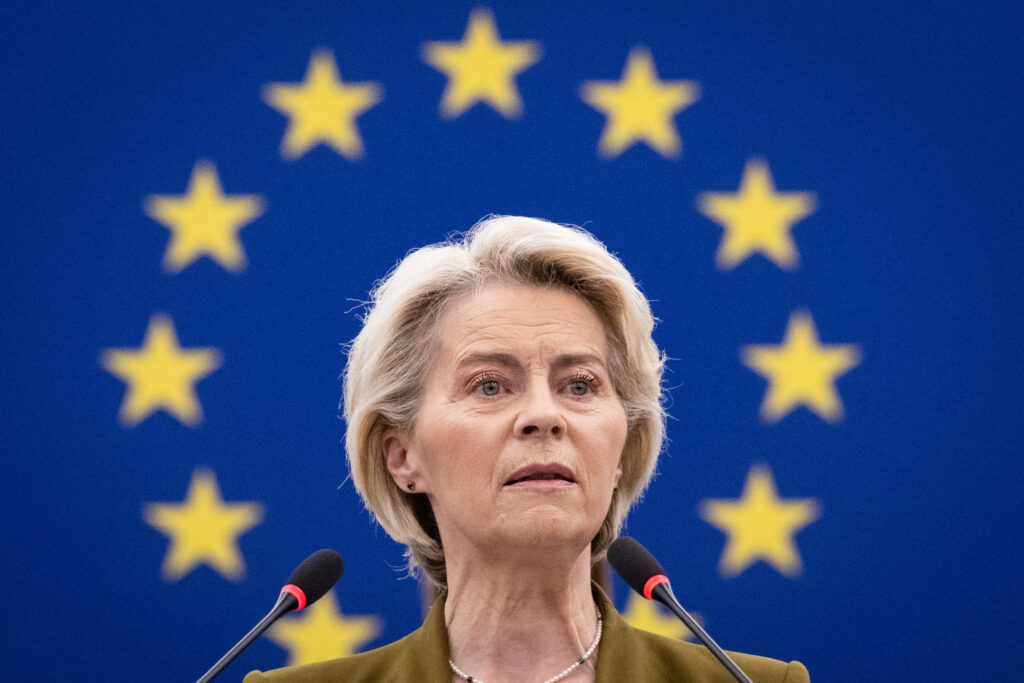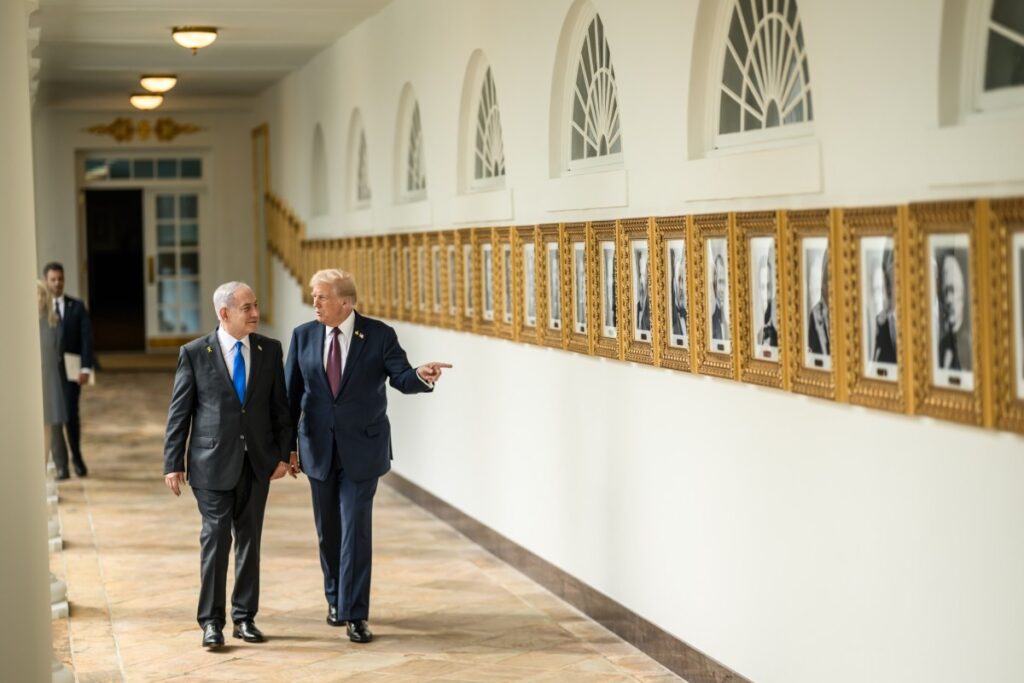Malik R. Dahlan delivers his talk based on his new book “The Hijaz: The First Islamic State”.
The Hijaz: The First Islamic State
- -
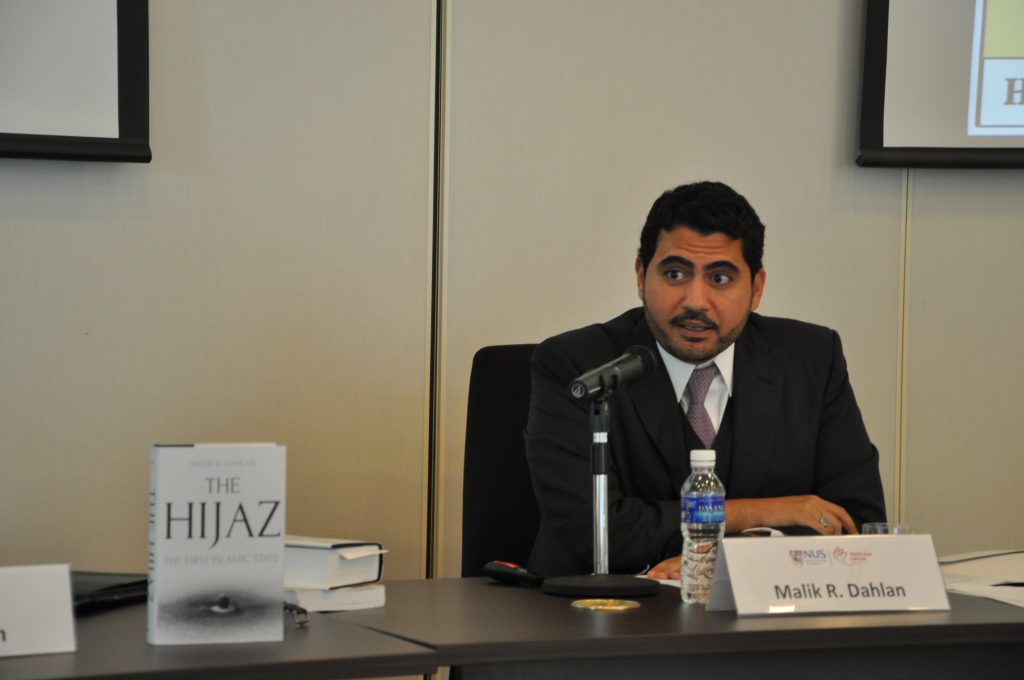
On 6 July Malik R. Dahlan, the Chaired Professor of International Law and Public Policy at the Queen Mary University of London, came to MEI to deliver a talk on his new book, The Hijaz: The First Islamic State. In this talk, he argued that the Hijaz – the northwestern part of the Arabian Peninsula that is home to Mecca and Medina – hosted the very first Islamic state during the 6th and 7th centuries, and that it can provide insight into how to proceed in the realm of Islamic governance and statecraft in the region’s current political climate. He proceeded to delve into the idea of self-determination in the context of the Hijaz, describing the Arab Revolt in 1916 when the rulers of Mecca, in cooperation with the British, began an uprising against Ottoman powers. Dahlan described how the right to self-determination used to be measured by ethnicity, but changed after WWII, when the concept of territorial integrity became the defining concept of statehood. He argued that the Hijaz was a state, as it was a founding member of the League of Nations, though it left after refusing to comply with the mandate system, which would have compromised its territorial integrity.
Dahlan emphasized that he was not arguing for the case of the Hijaz’s existence, or for its separation. Instead, he stated that there has been a crisis in the governance of Islam, and that there is negative space that has been claimed by factions such as ISIS and Al-Qaeda. He argued that we need to reclaim this negative space and transform it into a positive space that Islamic governance can occupy, emphasizing incremental change, collaboration, and the exchange of ideas. This should be a space that is positive and tolerant, where the rule of law can be established, transparent, and clear. He argued that the Hijaz, specifically Mecca and Medina, can play a role in this.
He brought up the question of democracy, stating that in order for democratic expressions to succeed, you need institutions that people can believe in and rely on, arguing that Mecca and Medina are some of such institutions and are essential in the realm of dispute resolution. He stated that Mecca and Medina deserve special protection not just as two of the most important sites in Islam, but also as the heritage of all mankind.
During the Q&A that followed the lecture, a question was raised regarding the apparent dissonance between the idea of emphasizing the territorial integrity of states in the Middle East and how the emphasis on the Hijaz appears to insinuate a reconfiguration of Saudi Arabia’s borders. Dahlan responded by stating that his point was autonomy for the Hijaz, and agency being given, not the redrawing of borders. He explained that his goal is to open a conversation on the governance of Islam, and that one sect or voice cannot claim Mecca and Medina. He believes that there needs to be a larger conversation, and that the tolerance of Islam must be reclaimed.
If you are interested in this topic, please read Malik R. Dahlan’s book The Hijaz: The First Islamic State, published by Oxford University Press 2018.
Malik R. Dahlan is the Chaired Professor of International Law and Public Policy at Queen Mary University of London (QMUL). He is also a Professor and Steering Committee Member of the Energy Law Institute. He leads the Trade Initiative and sits on the Sovereign Wealth Funds (SWFs) Working Group. He teaches in Energy Law and Ethics, Renewable Energy Law and Energy Geopolitics; and supervises Masters and PhD theses on trade, energy and Islamic law, ethics and dispute resolution.


